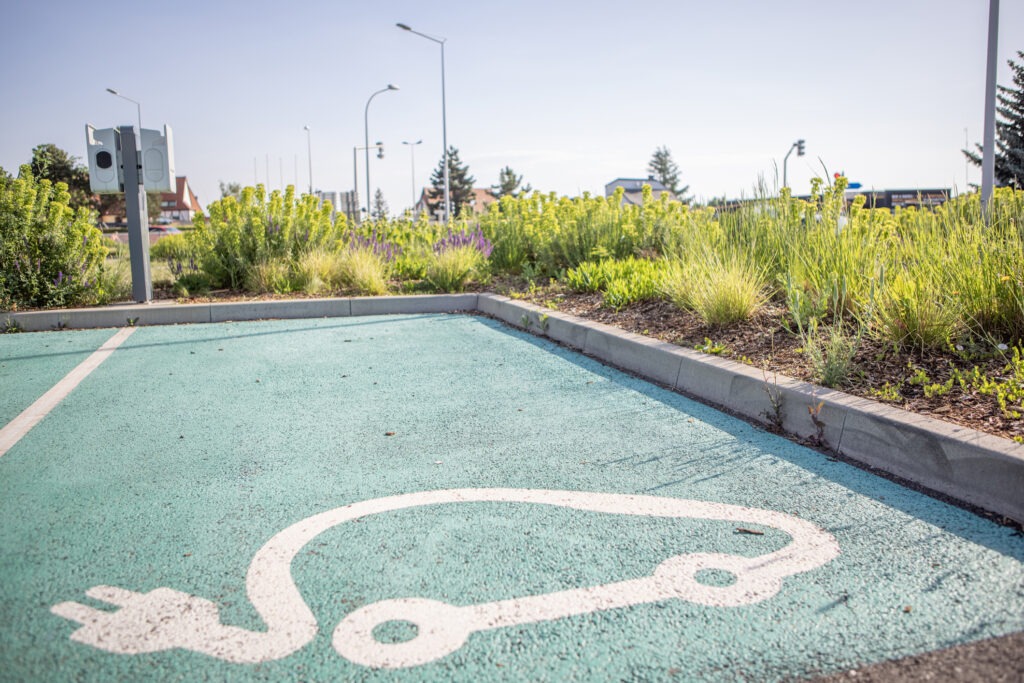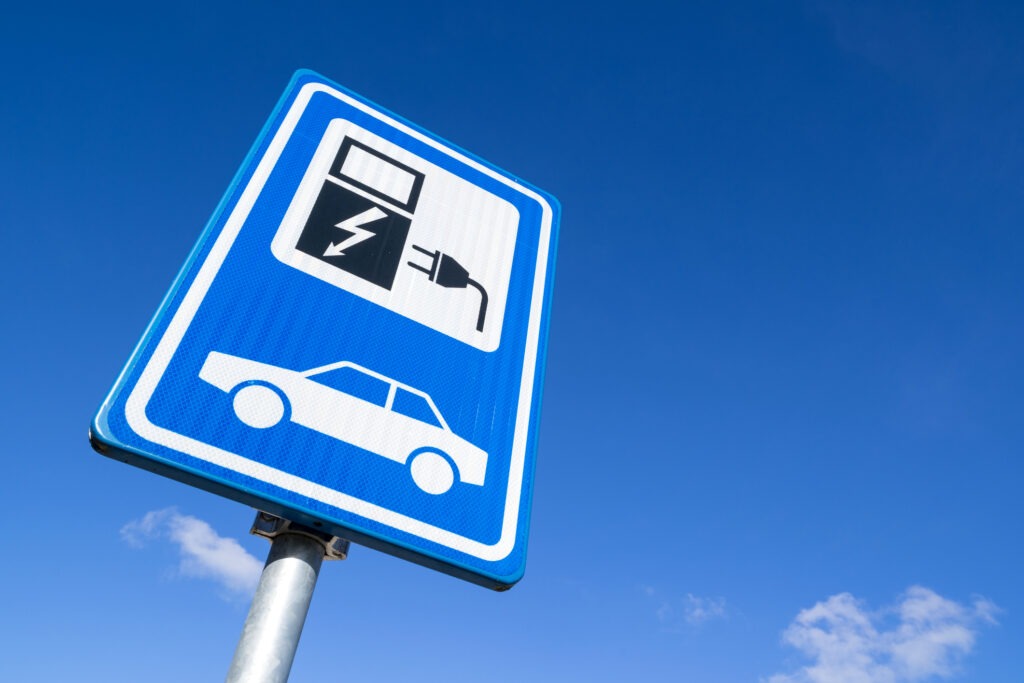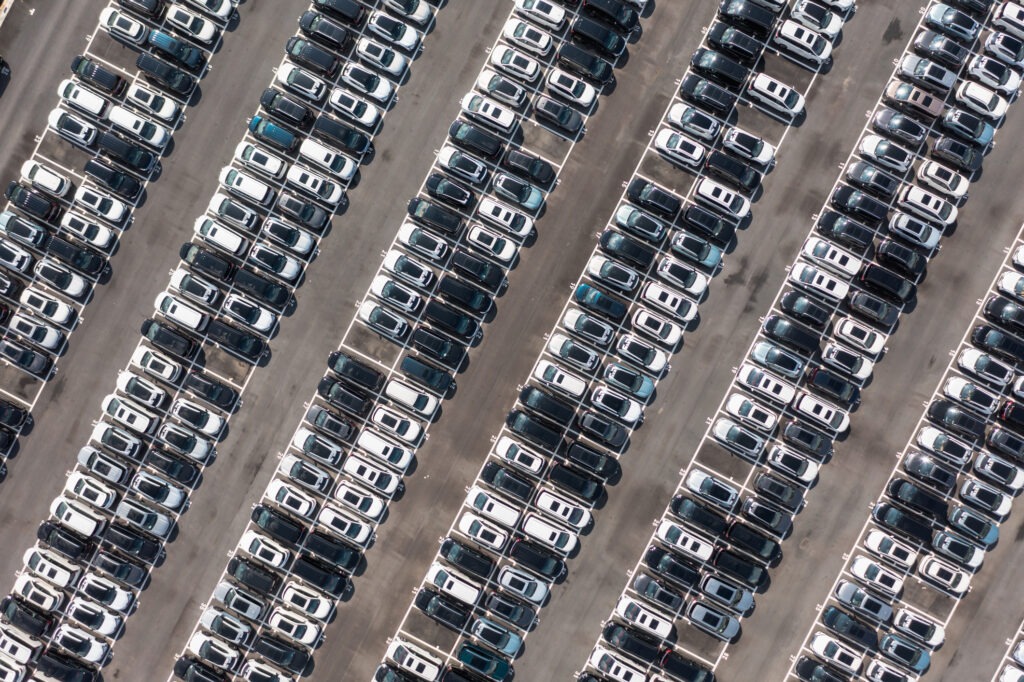BEV boost gives French EV market strong start to 2024
13 March 2024

The French electric vehicle (EV) market got off to a strong start in 2024, carried by a surge in battery-electric vehicle (BEV) deliveries. José Pontes, data director at EV-volumes.com, analyses the data with Tom Hooker, Autovista24 journalist.
In January, France recorded a total of 30,566 EV registrations, accounting for a quarter of the overall new car market. BEVs largely contributed to this growth, achieving 20,017 deliveries, up by 37% year on year. This equated to a 16% share of the market.
Plug-in hybrids (PHEVs) saw more moderate gains, with 10,549 registrations up 2% on January 2023’s figure. This meant the powertrain achieved an 8.6% share.
BEVs remained the popular choice in the EV market, accounting for 65% of all plug-in deliveries. This was an important improvement on its 59% share from one year ago.
With the EV share starting the year strongly at 25%, jumping from 22% in January 2023, plug-in cars can be expected to surpass the 30% threshold in 2024. Last year, the average share for the technology sat at 26%.
Peugeot power
The Peugeot e-208 had a great start to 2024, topping the best-sellers table in January with 2,178 deliveries. This is largely thanks to a production ramp-up of the refreshed version. The hatchback is looking to take back the domestic title it previously won in 2022, after finishing fifth in last year’s standings.
However, the e-208 will face stiff competition in 2024, with the arrival of the Citroen e-C3 and Renault 5. The latter was recently presented at the Geneva International Motor Show.
Second place went to the Dacia Spring, with 1,937 registrations. The small SUV came second in 2023 and led the chart 12 months ago.
In third, the Tesla Model 3 recorded a solid January, thanks to 1,623 deliveries. This meant two China-made models were in the top three, with the Spring also produced in the country.
Incentives were removed in France for EVs made outside of Europe at the start of the year. However, it seems no subsidy-related impact was witnessed in the first month.
The Tesla Model Y, 2023’s champion, sat behind its sibling in fourth, reaching 1,477 registrations. After coming second in France in January 2023, the Fiat 500e finished fifth with 1,393 deliveries.
A surprise in sixth
There was a surprise in sixth, as the Peugeot 308 posted 1,150 registrations, a turnaround ending in 17th one year ago. It beat its rival, the Renault Megane EV, which landed in seventh with 1,063 deliveries. The small family car finished third in January 2023. Below came the MG4 in eighth, thanks to 924 registrations.
Looking at the bottom half of the table, the BMW iX1 rose to 12th (467 units) while the Mini Cooper EV claimed 15th (423 units) giving the BMW Group a good start to the year.
Alongside regular competitors in the table, Stellantis placed two new entrants in the top 20. The Fiat 600e finished in 14th, with a best-ever 445 deliveries. Also achieving a record result was the Jeep Avenger in 20th (345 units).
Outside the top 20, the BYD Atto 3 narrowly missed out on joining the table with 328 units in its first month of deliveries. The Volvo EX30 posted 307 registrations, also in its first month on the market. The Citroen e-C4 had a decent month too, thanks to 308 deliveries.
The Renault Zoe, a previous eight-time best-seller, saw registrations fall to 274 from 646 one year ago. Demand for this model is being drained by the upcoming Renault 5, with buyers waiting for deliveries to begin in France later this year.
Meanwhile, the anticipated Renault Scenic, winner of the Car of the Year award at GIMS 2024, is likely cannibalising Megane EV registrations.
France in first
Peugeot also topped the best-selling brands’ table in January, accounting for 14.9% of the EV market. The runner-up from 2023 beat last year’s winner Tesla, which sat in second with a 10.5% share.
In third, Renault (7% share) was a long distance from the top two. Dacia came fourth (6.3% share), closely followed by Fiat (6.1% share). This is a marked improvement on its 2023 overall finish of eighth.
BMW ended up just outside the top five (6% share). The German manufacturer is expected to fight with Dacia and Fiat for fourth place throughout 2024, while the top three carmakers compete for the title.
Stellantis’ stellar start
With brands grouped together under their parent companies, Stellantis started the year on top, responsible for 25.2% of all EV deliveries.
The group had a comfortable lead over the Renault-Nissan-Mitsubishi Alliance in second (13.8% share). The French-Japanese group was helped by the strong performance of its Renault and Dacia brands.
The OEM is struggling to compete with Stellantis, with three models present in the top 20 compared to the latter with seven offerings.
A close race is developing behind third-place Tesla (10.5% share) between BMW Group (8.1% share) in fourth and Volkswagen (VW) Group (8% share) in fifth. Both sit a long way ahead of the Hyundai Motor Group in sixth (6.4% share).
Stellantis is expected to retain its lead moving forward. Meanwhile, the Renault-Nissan-Mitsubishi Alliance should put distance between itself and Tesla thanks to the release of new models.
BMW Group is the favourite for fourth place, with its namesake brand performing well. The OEM will likely be hampered by the new China-made Mini Cooper EV not being eligible for incentives, although the Countryman EV should help recover any ground lost by its sibling.
Meanwhile, Hyundai Motor Group will be hurt by the loss of subsidies for their plugin models, except for the Hyundai Kona EV.



